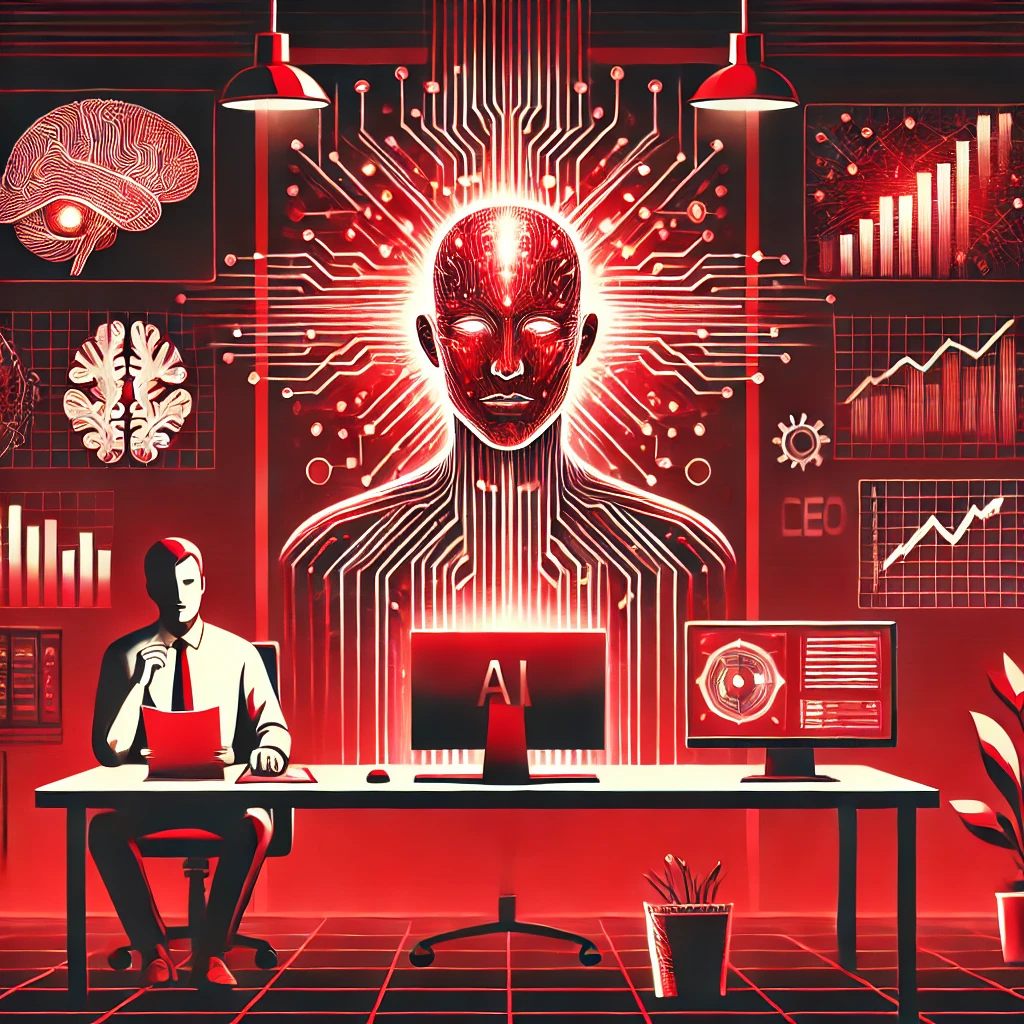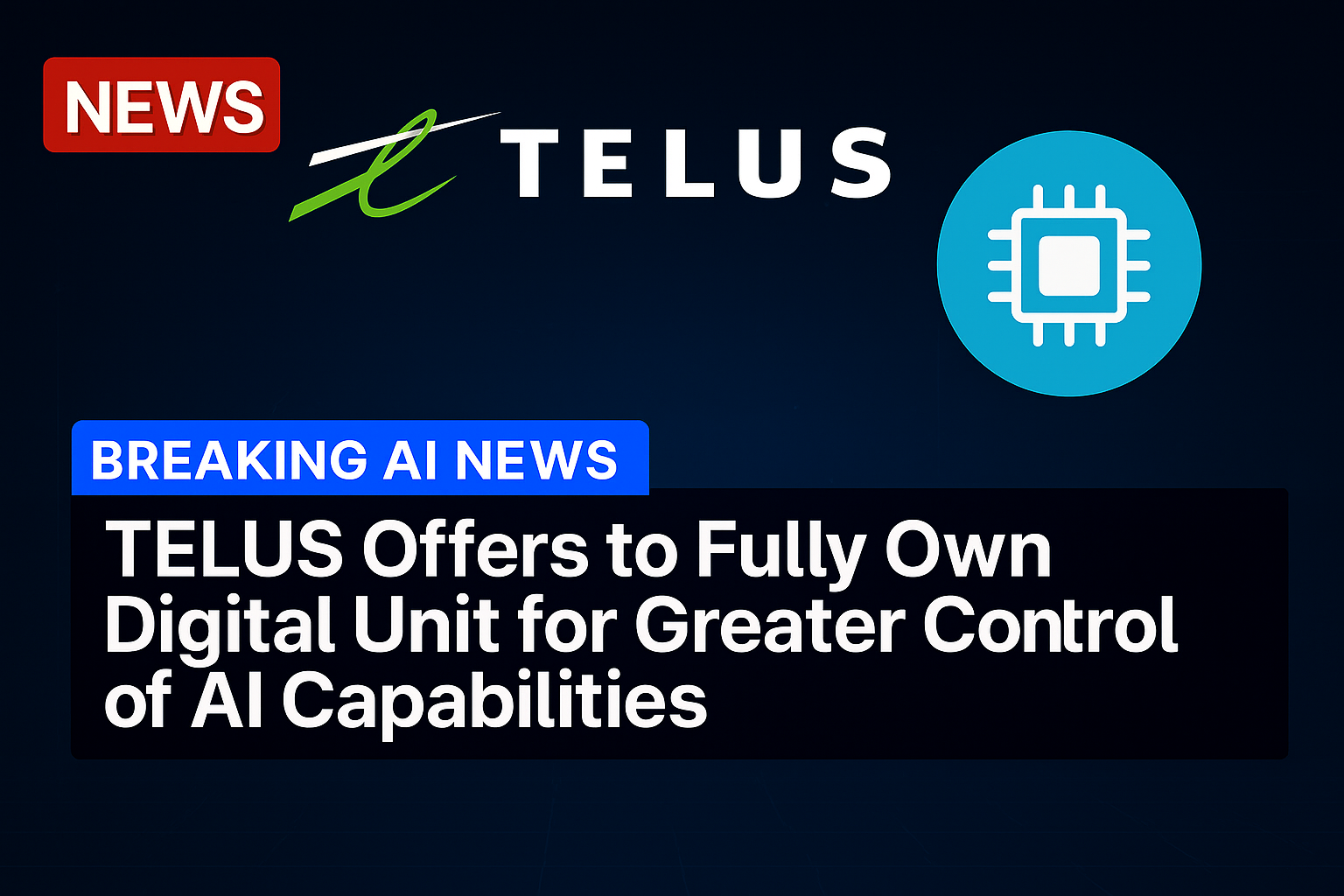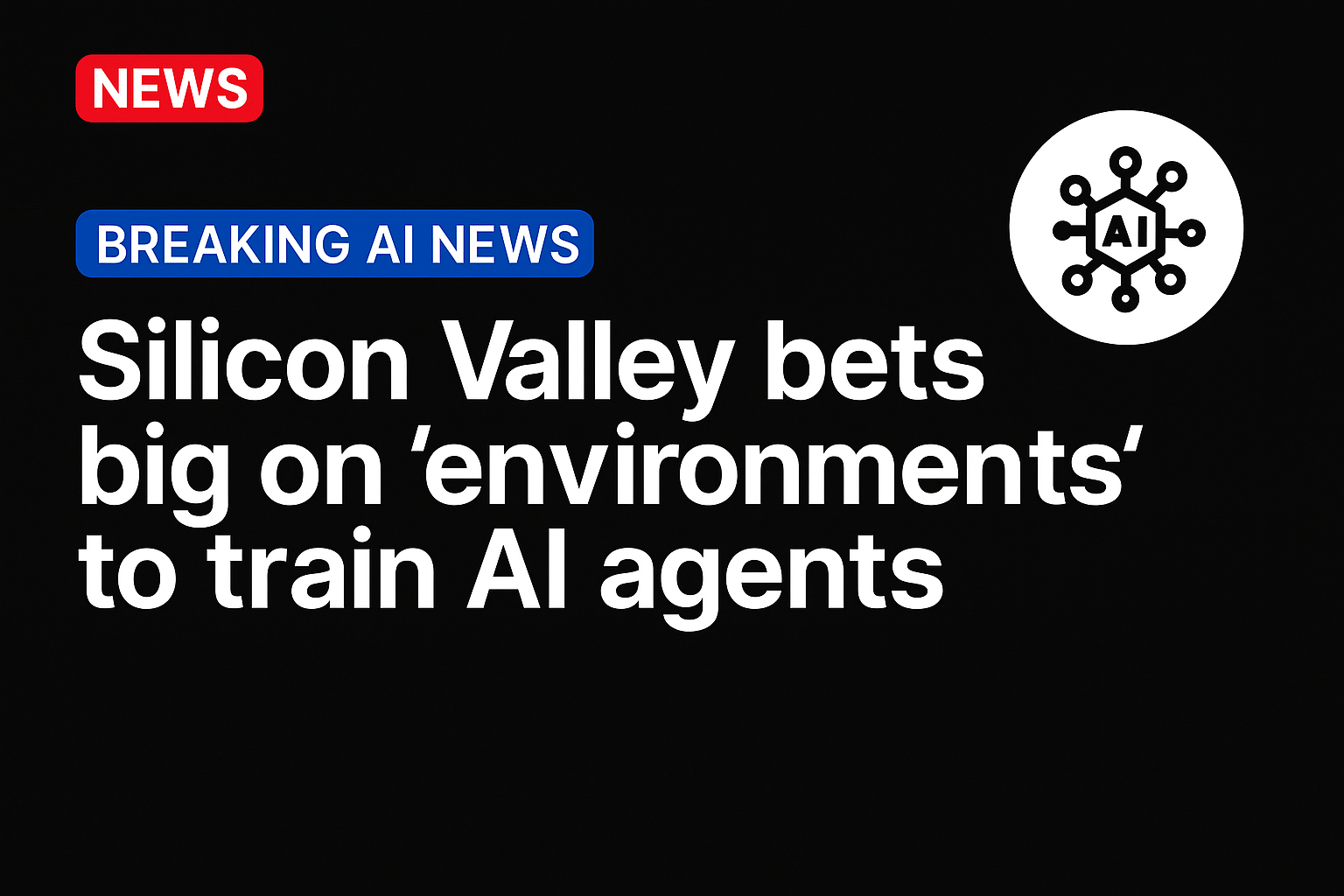Amid the rapid rise of artificial intelligence (AI), its economic impact remains a hotly debated topic. While AI garners massive investments and headlines, the tangible benefits it will bring to economies worldwide are still uncertain. For Nobel-winning economist Daron Acemoglu, this intersection of AI and economics has become a focal point of his research.
AI’s Ambiguous Economic Promise
Acemoglu, an Institute Professor at MIT, has spent years exploring the societal impacts of technology. His work delves into how innovations like AI could transform economic structures, labor markets, and productivity. Despite the promise of breakthroughs, Acemoglu emphasizes the current uncertainties:
- Productivity Growth: While AI has potential, it hasn’t yet delivered the kind of productivity gains seen in past technological revolutions.
- Labor Market Disruptions: Automation driven by AI could displace workers, but the extent and nature of these disruptions remain unclear.
- Economic Inequality: If left unchecked, AI may exacerbate income disparities, concentrating wealth among those who own or control the technology.
Key Questions in the Economics of AI
- Who Benefits from AI? Acemoglu argues that the economic gains of AI could be unevenly distributed, favoring corporations over workers.
- Will AI Create New Jobs? While AI may replace certain roles, its ability to generate new, meaningful employment opportunities will determine its net effect on the economy.
- Public Policy’s Role: Governments and policymakers must address these challenges by fostering innovation while ensuring equitable outcomes.
Historical Perspective on Technology and Growth
Acemoglu’s earlier work on robotics and industrial automation provides valuable insights into AI’s trajectory:
- Past technologies often displaced workers in routine jobs but created new industries and roles.
- The scale and speed of AI adoption could amplify both opportunities and risks, requiring proactive measures to manage its societal impact.
Moving Forward
For Acemoglu, the economics of AI hinges on careful, informed choices:
- Strategic Deployment: Focusing on AI applications that complement human skills rather than replacing them.
- Inclusive Innovation: Encouraging broad participation in AI-driven growth, avoiding concentration of benefits among a few.
- Regulation and Oversight: Ensuring AI systems are aligned with societal goals, such as equity and sustainability.
As AI continues to evolve, Acemoglu’s research underscores the importance of shaping its economic impact thoughtfully, ensuring it serves as a tool for shared prosperity rather than widening divides.




